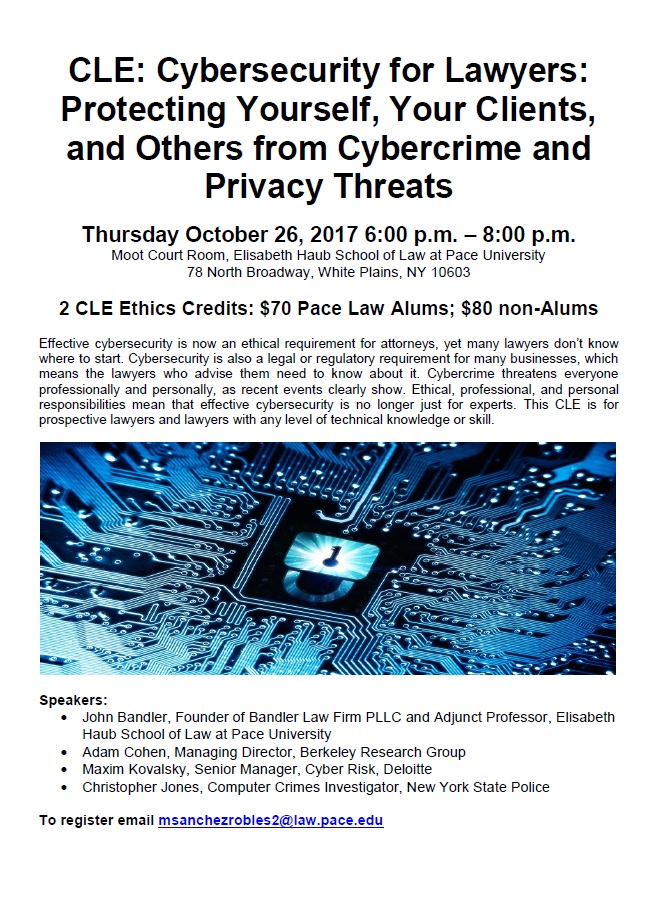On April 3, 2013 ProPublica has brought to the forefront of discussion, once again, the always passionately debated topic of prosecutorial misconduct. Joaquin Sapien and Sergio Hernandez published their investigation and outlined the analysis of more than a decade’s worth of cases in which prosecutors have committed errors resulting in wrongful convictions or allowing the guilty walking free. The analysis includes a closer look at what consequences, if any, the prosecutors have faced as a result of their misconduct.
A ProPublica analysis of more than a decade’s worth of state and federal court rulings found more than two dozen instances in which judges explicitly concluded that city prosecutors had committed harmful misconduct. In each instance, these abuses were sufficient to prompt courts to throw out convictions.
Yet the same appellate courts did not routinely refer prosecutors for investigation by the state disciplinary committees charged with policing lawyers. Disciplinary committees, an arm of the appellate courts, almost never took serious action against prosecutors. None of the prosecutors who oversaw cases reversed based on misconduct were disbarred, suspended, or censured except for Stuart.
Between 2001 and 2009 (the latest year for which data are available), just 1 percent of the roughly 91,000 complaints received by the First and Second Department committees resulted in public sanctions. And just 5 percent of all the complaints resulted in even so much as private letters of caution or admonition, which remain confidential to all but complainants and the attorneys who receive them.
This article will be followed by a live online discussion on Thursday, April 4, 2013 at 12 PM ET. Join ProPublica’s Joaquin Sapien (@jbsapien), reporter Sergio Hernandez (@cerealcommas), and legal experts including Laurie Levenson of Loyola Law School in Los Angeles Bennett Gershman of Pace University School of Law. You may tweet your questions with the hashtag #PolicingProsecutors, or leave them in the comments on ProPublica’s Facebook.
Read the full article
Joaquin Sapien & Sergio Hernandez, Who Polices Prosecutors Who Abuses Authority? Usually Nobody, ProPublica, April 3, 2013.
Readings related to prosecutorial misconduct

